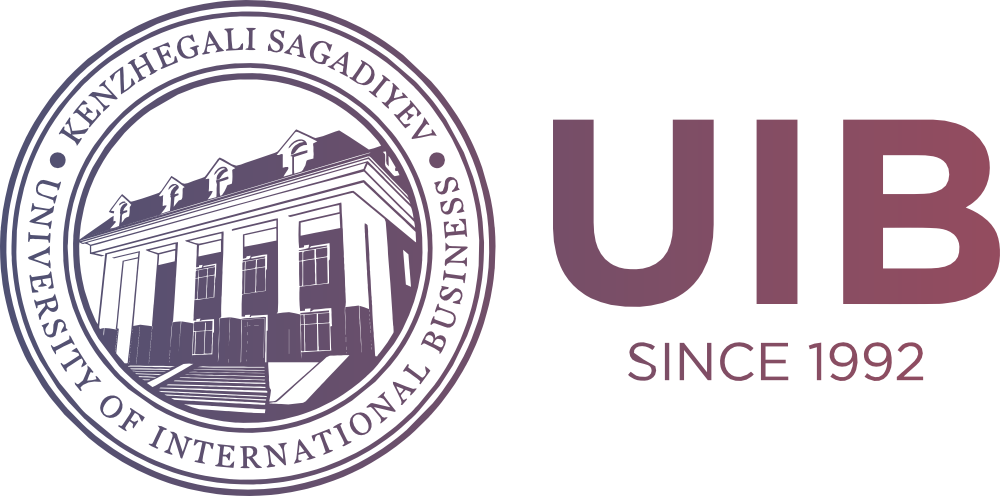A Systematic Literature Review on Theories Utilized Investigating ThirdParties in Sustainable Supply Chain Management
DOI:
https://doi.org/10.47703/ejebs.v1i67.241Keywords:
Supply Chain Management, Sustainability, Systematic Literature Review, Third-PartiesAbstract
The purpose of this article is to revise the literature on how theories have been utilized in investigating third-parties (for example, Non-Governmental Organizations, certifying organizations, among others) in Sustainable Supply Chain Management. Based on that, we derive future research directions. For revising the literature in a structured manner, the articles use the systematic literature review as the method of choice. Only half of the identified articles utilize theories for investigating third-parties in Sustainable Supply Chain Management. In addition, major theories are overweighed. This predomination leads to influencing the conceptualization of third-parties in Sustainable Supply Chain Management. Future research opportunities exist in broadening the utilization of theories and methods applied in the field, investing in under-explored aspects and broadening the scope of testing and building frameworks. Based on the synthesizing, propositions supplement future research directions. The novelty of this article lies in its investigation of how theories have been used in investigating and conceptualizing third-parties in Sustainable Supply Chain Management. By that, it contributes with a state-of-the-art view on the important topic of sustainability and how third-parties could solve sustainability challenges. With that, the article is a first attempt and step for extending the academic literature and practice with rethinking classic ways of managing sustainability and utilize out of the box ideas.
Downloads
How to Cite
Downloads
Published
Issue
Section
License

This work is licensed under a Creative Commons Attribution 4.0 International License.
Authors retain copyright and grant the journal right of first publication with the work simultaneously licensed under a Creative Commons Attribution (CC-BY) 4.0 License that allows others to share the work with an acknowledgment of the work’s authorship and initial publication in this journal.


